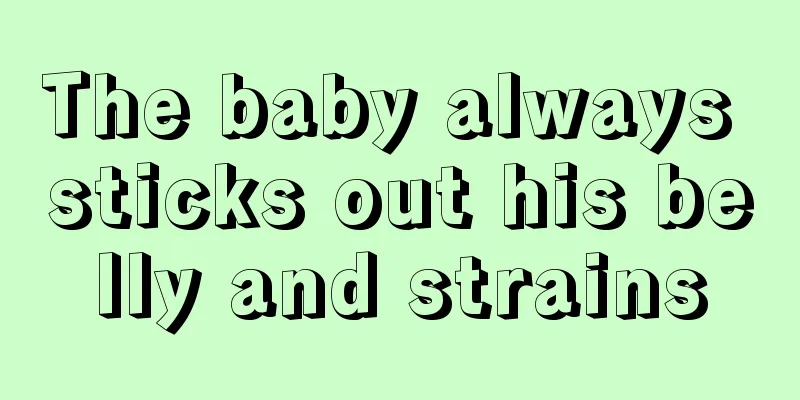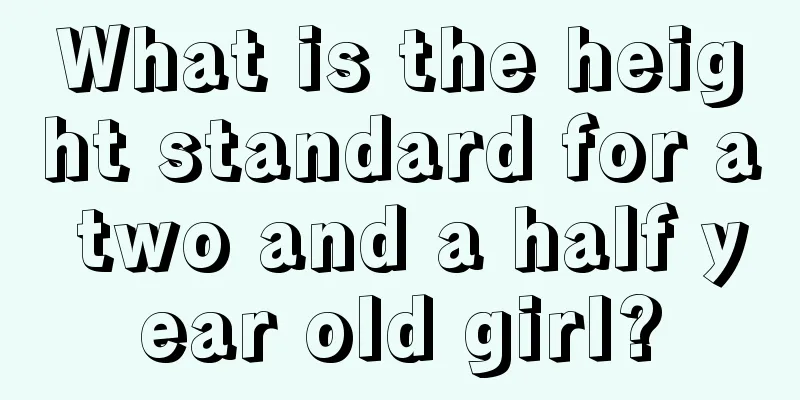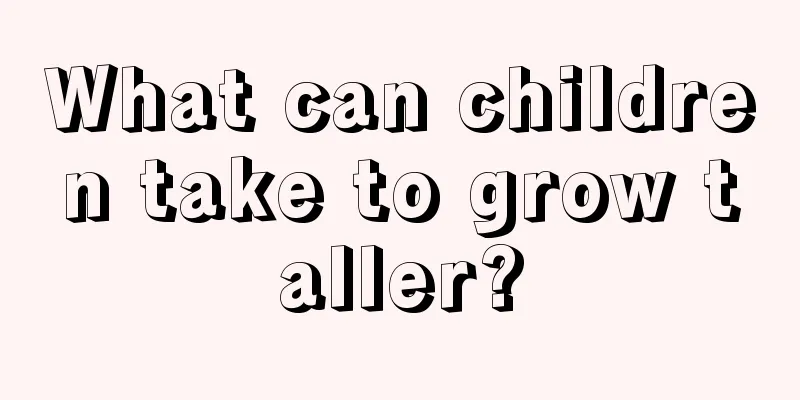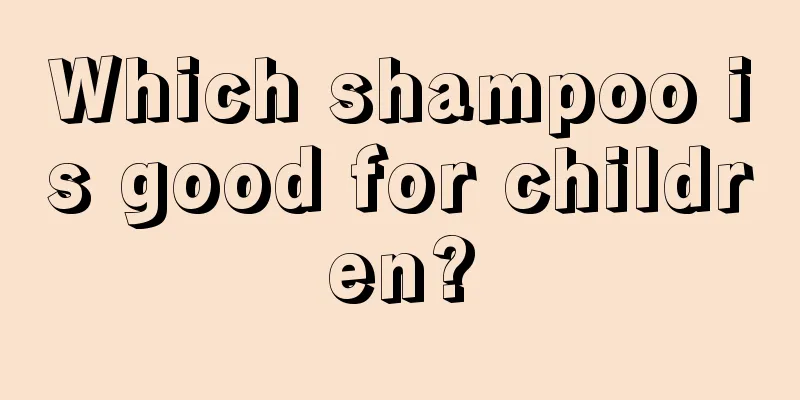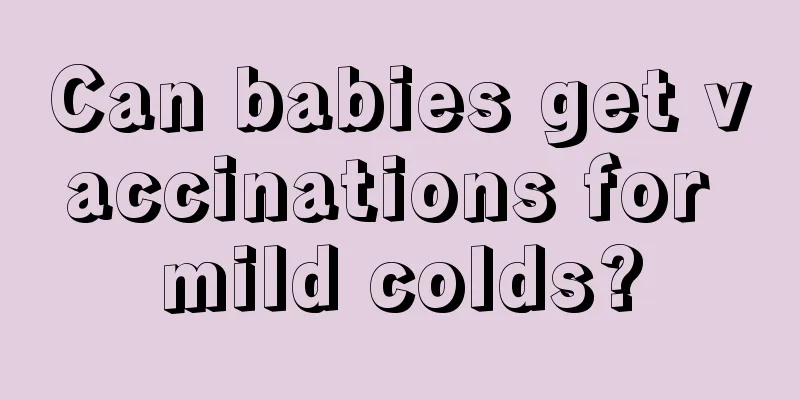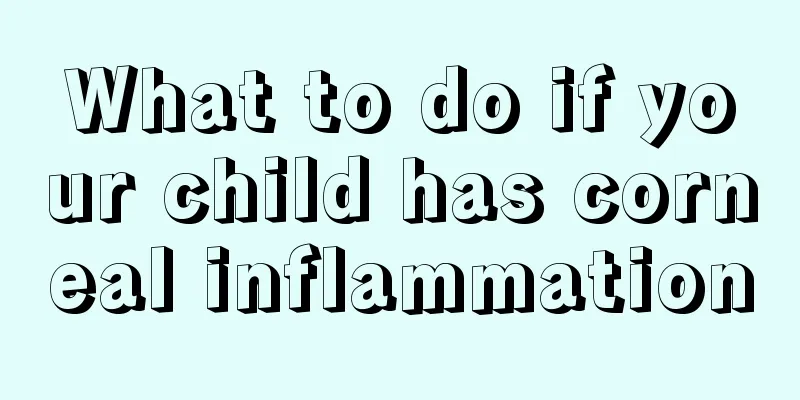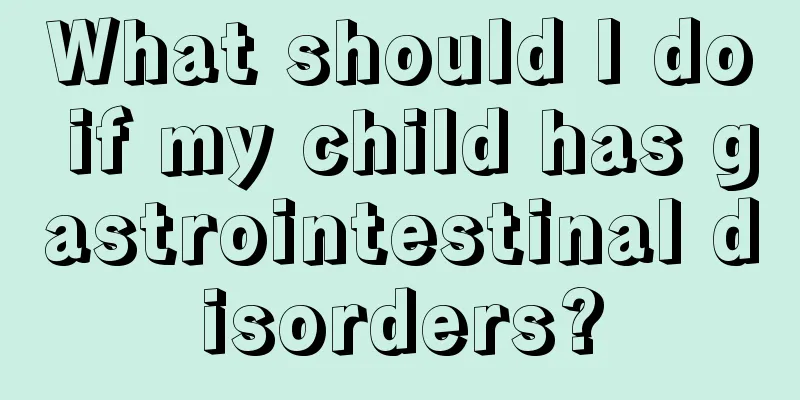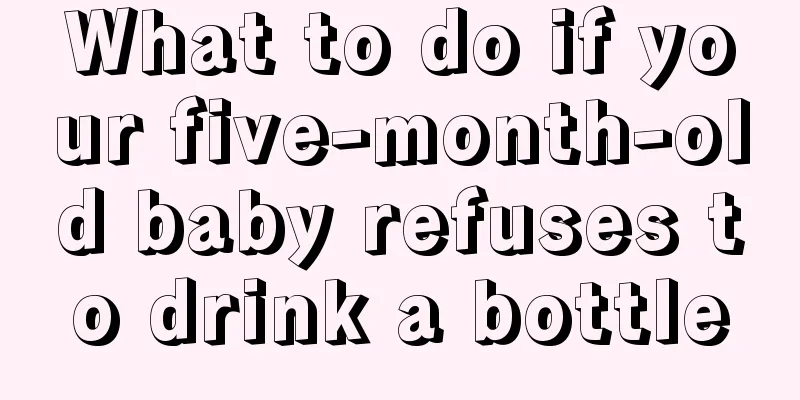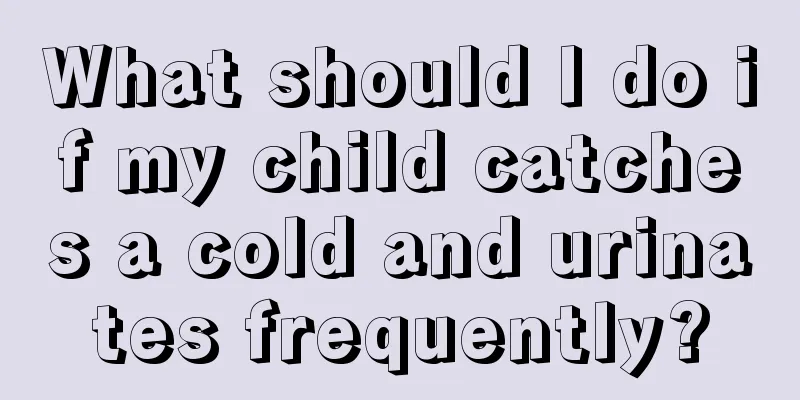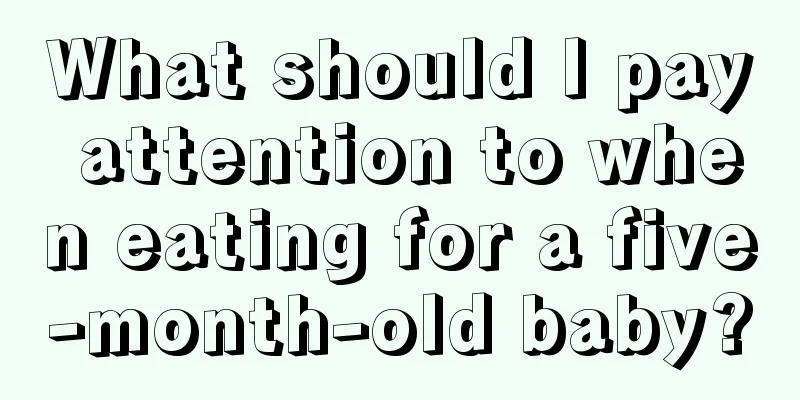What should I do if my baby has a fever, convulsions, or seizures?
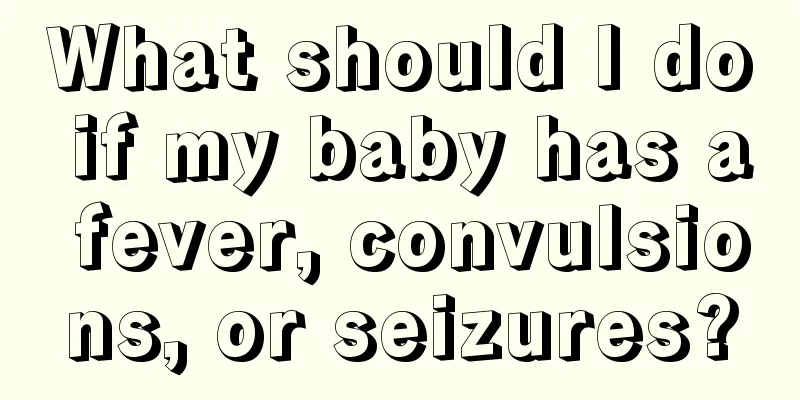
|
We all know that if a child has a high fever, it may cause some other diseases such as convulsions, etc. However, we only know that such a situation will occur, but we don’t know what to do if the child really has convulsions due to fever? This is a problem that worries us because many times we don’t know what to do and don’t know how to deal with such problems. So what should we do if our baby has a fever, convulsions, or seizures? Let’s learn more about it! When a convulsion occurs, parents should pay attention to the following: Do not panic to prevent trauma caused by convulsions and falls. If the seizure lasts for a short time, the convulsion will often stop before you have time to do anything. If the convulsion lasts for a long time or recurs, the child should be sent to the hospital quickly to be given medication to stop the convulsion, oxygen, etc. If vomiting occurs after the convulsion stops, the respiratory secretions should be cleared in time to keep the airway open. A febrile seizure with any of the following features is called a complex febrile seizure: ⑴ The age of onset is before 6 months or after 6 years. ⑵The attack lasts for a long time, more than 15 minutes. ⑶ Repeated convulsions during a febrile illness. ⑷ The attack manifests as localized convulsions. ⑸ After the attack, there are neurological abnormalities such as temporary paralysis. The body temperature at the beginning of the disease is high fever (≥39℃). After repeated attacks, moderate fever or low fever may also cause convulsions. The EEG was still abnormal one week after the fever subsided. There is often a positive family history, and many scholars advocate calling this type "high fever-induced epilepsy." Convulsions are systemic, infrequent (most people only have one convulsion during a fever), short in duration (a few seconds to 10 minutes), with rapid recovery and no abnormal neurological symptoms. Simple febrile convulsions have a good prognosis and usually have no effect on intelligence, learning, or behavior. 30% to 50% of children are prone to convulsions when they have a fever in the future, but these seizures usually no longer occur by school age. Through the above content, we know what to do if the baby has a fever, convulsions, and seizures. Knowing how to deal with it, many parents will feel relieved. Of course, this does not mean that everything will be fine. If it cannot be handled, go to the hospital for treatment, or there are other problems that occur at the same time, making us at a loss. At this time, we must go to the hospital and receive formal treatment. |
<<: Baby has fever, convulsions and foaming at the mouth. What's going on?
>>: What are the symptoms of baby fever convulsions
Recommend
Is it normal for a newborn to eat as soon as he wakes up?
It is usually normal for newborns to eat as soon ...
Can babies eat chicken essence?
When babies are young, they should try to avoid e...
What to do if your one-year-old baby has protruding ribs
Some babies will have some symptoms when they are...
What is the best way to treat pneumonia?
Pneumonia is a disease mainly caused by patients ...
What causes nosebleeds in children?
Nosebleed is a phenomenon, which may be caused by...
At what age can a baby drink pure milk?
Milk is a recognized healthy drink. However, ther...
What is the reason for the child's bloody stool?
Children's immune system is relatively weaker...
What are the laxatives for children?
Many children are born with bad gastrointestinal ...
What is the cause of chronic sinusitis in babies?
As a mother, you know your baby's physical co...
How tall is a 16 month old baby?
After a child is born, many issues concern adults...
How to care for children with chronic bronchitis?
People often say "old chronic bronchitis&quo...
What is the cause of acne on the baby's face?
When taking care of their babies, many parents al...
What to do if your eight-month-old baby has a cold and runny nose
There are many reasons for a baby's runny nos...
Two secrets to cultivating children's patience
Before finishing the cake in front of him, Maomao...
The reason why the baby's nose is exposed
In today's life, the birth of a baby is a gre...
